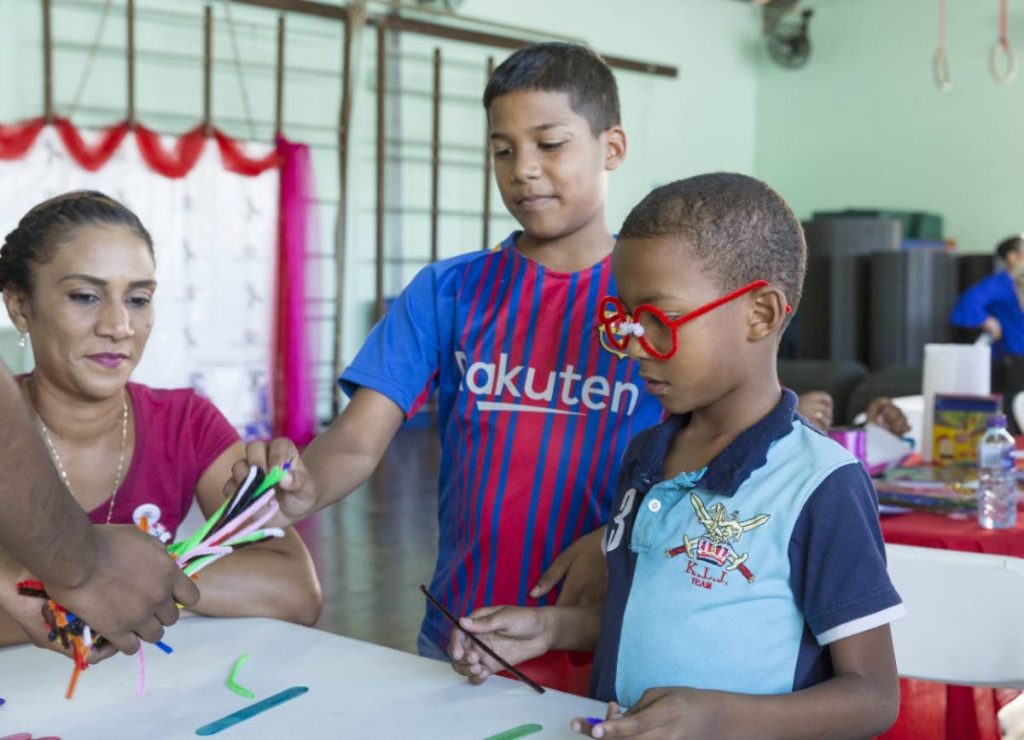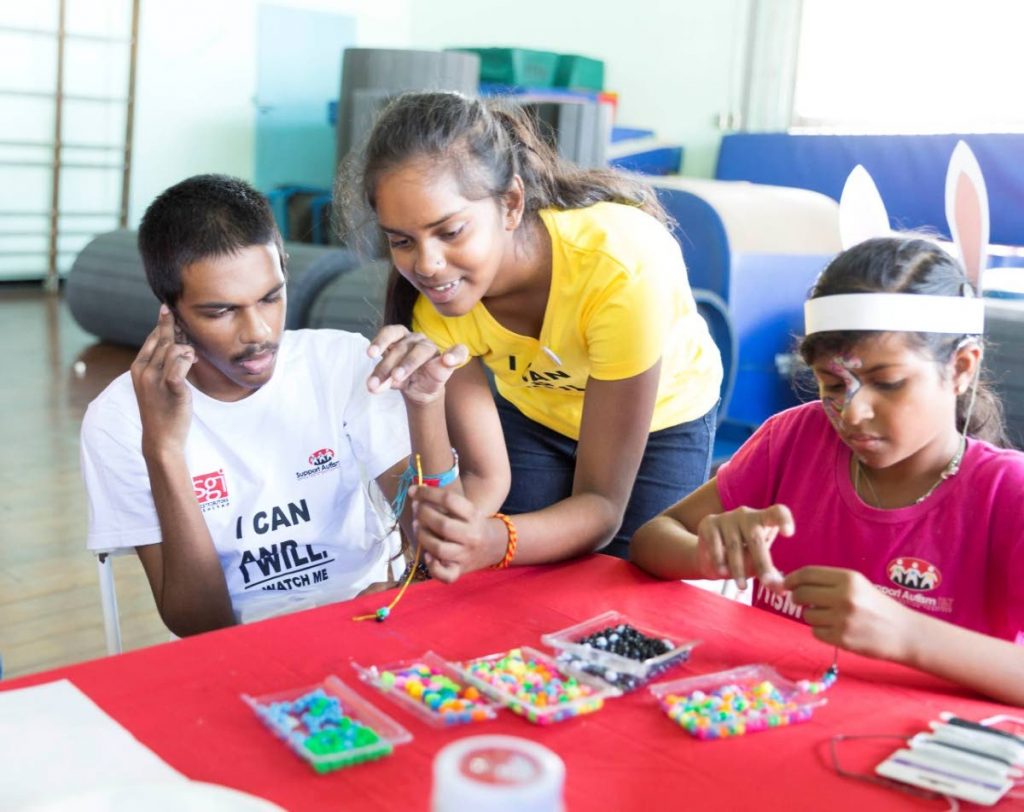I am a child with special needs

DR RADICA MAHASE
I am a child with special needs. I was diagnosed with autism and other developmental delays. I cannot communicate verbally. I do not attend school and someone has to stay with me at all times. I never had the opportunity to learn to read and write so I am an illiterate teenager.
My father was never a part of my life and as a single parent, my mother struggles every day to make ends meet and to take care of my special needs. I spend a lot of time with different relatives when she has to work long hours. Some of these relatives don’t understand me and they call me "dotish" and "retarded."
The above scenario represents so many children with special needs in TT – though with some variations.
This week, on November 20, TT, along with the rest of the world, will celebrate Universal Children’s Day. This day was established by the UN in 1954 to “promote international togetherness, awareness among children worldwide, and improving children's welfare.” According to the UN, “November 20 is an important date as it is the date in 1959 when the UN General Assembly adopted the Declaration of the Rights of the Child. It is also the date in 1989 when the UN General assembly adopted the Convention on the Rights of the Child.”
TT is one of the countries that signed and ratified the UN Convention on the Rights of the Child. This means that the TT government acknowledges that children have certain basic fundamental rights. It also means that the TT government is required to meet children’s basic needs and help them reach their full potential regardless of race, ethnicity, religion, special needs, etc.

Sadly, we are yet to implement fixed policies and programmes to achieve this.
If we look closer at the fundamental rights as laid out in the UN Convention on the Rights of the Child we will see some shortcomings in TT. For example, every child has a right to:
Life, survival and development – Development is one area where we are most lacking, as our basic infrastructure does not focus on those with special needs. At present we have a healthcare system where it takes up to one and a half years to diagnose a child with autism, and where medical personnel are not trained to deal with individuals with special needs.
When you live in a country where the first response is to put teenagers on medication because of aggressive behaviour you know that there are serious shortcomings when it comes to providing for the development of the child.
Protection from violence, abuse or neglect – Given the numerous cases of abuse of children in TT, you would think we would focus more on children’s safety and general welfare.
Unfortunately this is not the case and when it comes to special needs in particular, we are yet to have those conversations on the protection of the child with special needs, especially those who are non-verbal.
An education that enables children to fulfil their potential – this is another area that is seriously lacking in TT. In very recent times there have been more efforts to start conversations on special needs education but these conversations has to develop into action plans. Also, there is a whole community of special needs individuals who cannot function in a school setting and we need to reach those children and implement programmes that will not deny them the basic right to an education.
Express their opinions and be listened to – Do we really listen to the younger generation? We have some of the most brilliant minds in TT, but yet we tend to only give lip service to youth groups, etc. How about the children with special needs? Do we have anything in place to encourage their ideas and opinions? Do we even believe that they have ideas and opinions?
As TT celebrates Universal Children’s Day, we will see the usual speeches and social media campaigns. Individuals and organisations will speak about children’s rights and the importance of children, etc.
But what is TT really doing to ensure that children's rights are respected?
We need more than talk, we need action. We need the government and organisations to stop saying and start doing. We need those who will celebrate Universal Children’s Day to go beyond the speeches and discussions and to develop actual projects and programmes that will make a tangible difference to children.

Comments
"I am a child with special needs"